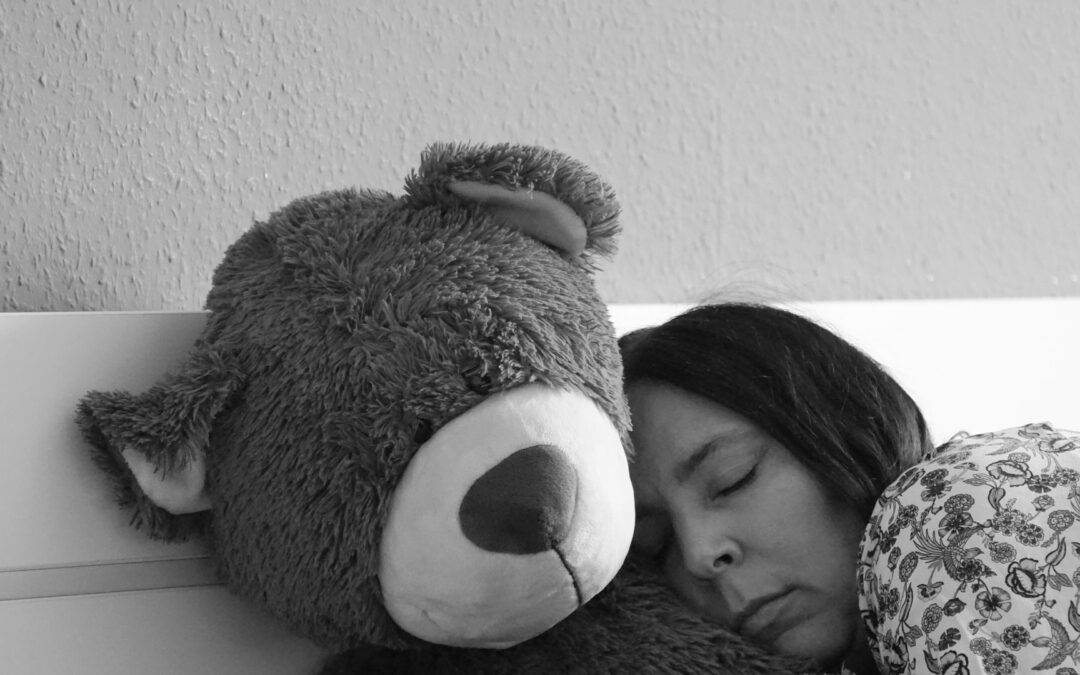In Covid times, social isolation has become a problem for some people, for the first time. But others have said they didn’t really notice it, because they feel the social isolation at the best of times, due to anxiety, depression or simply a lack of networks. This difference between people’s experience recently makes it clear that social isolation, not due to Covid, is preventable. I’m not talking about Zoom and FaceTime as a way of connecting, I’m talking about face to face contact, masked or not!
Where I’m based on the Sunshine Coast we are fairly lucky so far that we have escaped much of the Covid restrictions enforced in the cities. Australia generally has done very well compared to the rest of the world, so far. And part of that on the Sunshine Coast is because we have a lower population in this sub tropical nirvana. But that’s also a double edged sword for those of us who do feel social isolation, regardless of Covid.
The very attributes that bring us here – the space, the peace, the nature, the lower density, the lower levels of industry – are the very attributes which can breed disconnection. So what to do, trade it all in for a hectic life back in the burbs? While it’s true that there are generally more opportunities to connect in a city, through interest groups, it is also true that many people in the cities don’t have time for anyone else. Everyone is busy busy pursuing their goals. So more opportunity to connect does not automatically create better connections.
Demography and Social Isolation
When you feel socially isolated, regardless of where you live, you need to look at a few hard facts. Covid aside, and anxiety and depression aside, it is important to consider your demographic, and do you fit it? This is a tricky one in the face of change where, right now for instance, the real estate market is pushing the value and appeal of regional areas up due to Covid, because of the very reason that they are more isolated. The demographics are currently changing. It’s easier to judge the demography in a more stable market, such as an established city suburb that has already undergone an economic transformation. Balmain in Sydney was once a rough, working class area. But a while back it became very trendy and accordingly, very expensive. So now would be a safe time to look at the demography there and judge whether or not it is a good fit, for example.
When a place is undergoing transformation in style and culture, it can be a waiting game for things to change too. I lived in Ballina for a few years, in the NSW Northern Rivers district. The place had beautiful beaches, three shopping complexes and a domestic airport. I was certain it would change. And I am certain that it will. However, the change was too slow for me and I found that the culture was still quite ‘retiree’, which was not what I was after. All the talk was about growth and change, but the feeling was still very ‘old’. It was not a good fit.
Finding the right fit is important. If you walk to the town centre and feel drawn to the vibe and the activity there, it’s a good indication that you might find some like-minded people. If you cannot walk to the town centre because there isn’t one, or because it is too far, and you are feeling isolated, it might not be the best location for you. Then it becomes a trade-off. You chose the place because it holds the peace and beauty you need, yet you don’t want to wither away in hermitude. You need to take action. Mental health is extremely important to your quality of life. I would argue that it is more important than the beauty that surrounds you in your ‘escape’.
You can balance the equation by moving to a more populated area; or by strengthening your networks. Strengthening your networks involves joining groups, doing volunteer work, or creating a pattern of engaging with others, whether that’s by having coffee at the same place each day or by taking a job where you can work with others, rather than at home. Preferably you’ll take a variety of steps to better your chances.
I have had several clients who moved to the beautiful hinterland of the Sunshine Coast and then experienced a marital breakup, becoming very isolated and depressed. In fact, some separated because the spouse already felt isolated in the new environment. But after the separation, the main problem for my client was that they now felt separate to everyone else too – due to all the space and the lack of population – and yet this was the key attraction of the place when they had a partner to escape with.
But location is just one aspect. You can feel socially isolated anywhere. You also need to make the effort to connect. If your demographic is amenable, you will find your inroads. If your demographic is against you, then you might make it work, but it will be much harder.
Anxiety and Reactive Depression
Believe it or not, anxiety and depression are generally much easier to resolve than relocation. If your demography is aligned with your interests, and your moods are the only thing that stand in your way of connecting, then you can seek assistance to overcome the problem causing social isolation. I have had several clients who experienced anxiety (social anxiety, generalised anxiety, specific cause anxiety) or depression and have felt isolated as a direct result of this emotional turmoil. Nine times out of ten, with therapy, that client will leave their problems behind them.
Some of these clients were already well connected through similar interests, work, neighbourhood connections, school etc, but found themselves withdrawing due to their emotional blocks. If this is happening to you, please seek assistance. It is not a good reason to suffer social isolation because in most cases, it can be addressed.
If, on the other hand, you are suffering these moods due to being socially isolated because you simply have not found a way into the community, then you need to take a good look at where you are, and whether or not you can improve your connectivity, or whether or not you should change location. Working out where this social isolation comes from is the first step, and it is an important one. Horizons Clinical Hypnotherapy Noosa.

